Turinabol (Chlorodehydromethyltestosterone) is an oral anabolic steroid known for providing steady, quality gains in lean muscle and strength without significant water retention. However, its use carries substantial health risks, particularly to the liver and cardiovascular system.
Critical Safety Warning: Hepatotoxic and Suppressive
Turinabol is a C17-alpha alkylated (C17-aa) steroid, making it inherently toxic to the liver. It also negatively impacts cholesterol levels and will suppress natural testosterone production. Its non-medical use is illegal and dangerous.
What is Turinabol (Tbol)?
Mechanism and Effects
Tbol is a structurally modified version of Dianabol. It was designed to have a strong anabolic effect while minimizing androgenic (masculinizing) side effects. It does not convert to estrogen, so users do not experience bloating or gynecomastia. Its primary action is to increase protein synthesis and nitrogen retention, leading to gradual muscle growth.
Historical Context
Turinabol is infamous for its central role in the state-sponsored East German doping program in the 1970s and 80s, where it was given to thousands of athletes, often without their knowledge, to enhance performance. Its medical use has since been discontinued.
Major Health Risks & Side Effects
- Liver Toxicity: As a C17-aa steroid, Tbol places significant strain on the liver. Long-term use or high doses can lead to elevated liver enzymes and potentially severe liver damage.
- Cardiovascular Strain: It has a profoundly negative impact on cholesterol, drastically lowering HDL (“good”) cholesterol and raising LDL (“bad”) cholesterol, which increases the long-term risk of heart disease.
- Hormone Suppression: Tbol will shut down your body’s natural production of testosterone, requiring a Post Cycle Therapy (PCT) protocol to help restore normal hormonal function.
- Androgenic Effects: While lower than many steroids, risks of acne, accelerated baldness, and virilization in women are still present.
Legal Status
Turinabol is a controlled substance in most countries and is banned by all major sporting organizations. Possession and sale for non-medical purposes are illegal.
Frequently Asked Questions
What makes Turinabol different from Dianabol?
While structurally similar, Turinabol does not aromatize (convert to estrogen). This results in “drier” gains without water retention, but the muscle growth is also slower and less dramatic than with Dianabol.
Is Turinabol considered a “safe” steroid?
No. There is no such thing as a “safe” anabolic steroid. Its liver toxicity and negative impact on cardiovascular health make it a dangerous compound when used for performance enhancement.
Be the first to review “Turinabol 40mg (Chlorodehydromethyltestosterone)” Cancel reply
Related products
Steroids
Anabolic-Androgenic Steroids (AAS)
Steroids
Anabolic-Androgenic Steroids (AAS)
Steroids
Anabolic-Androgenic Steroids (AAS)
Steroids
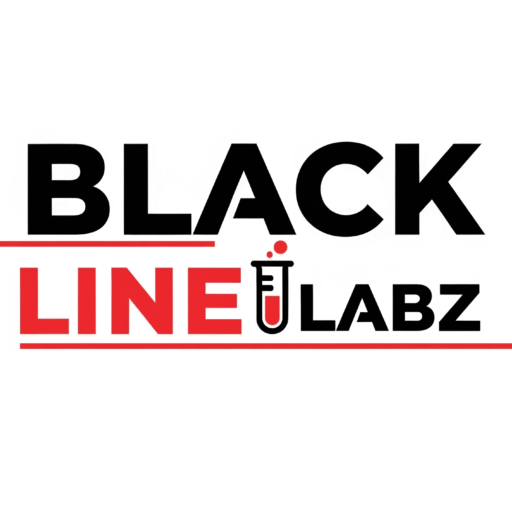
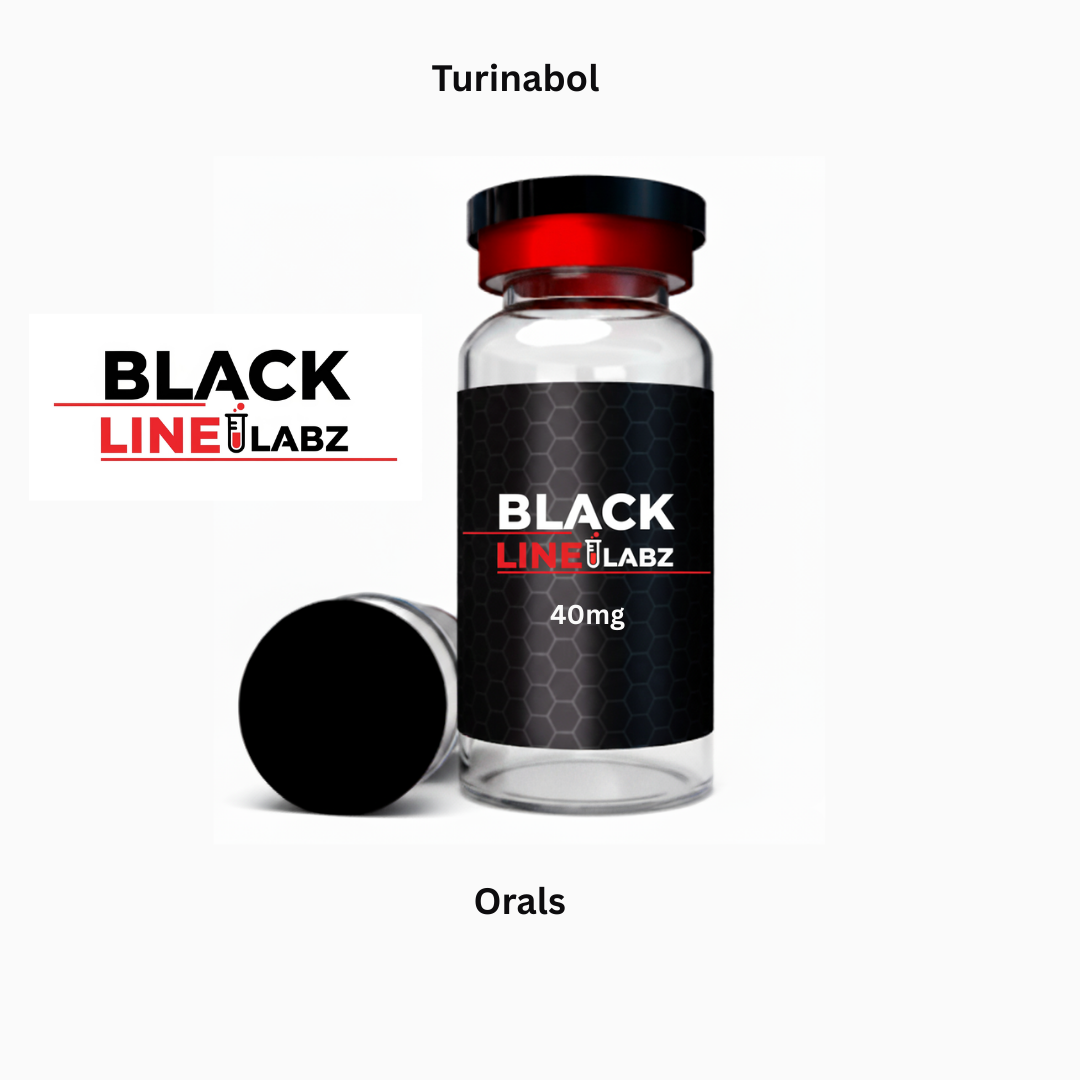
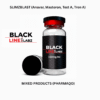
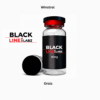
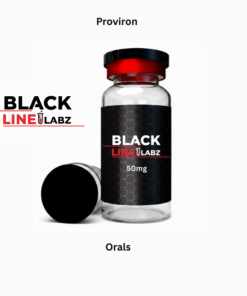
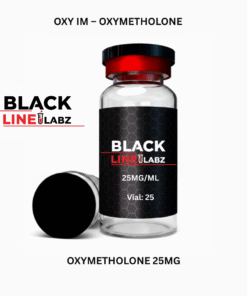
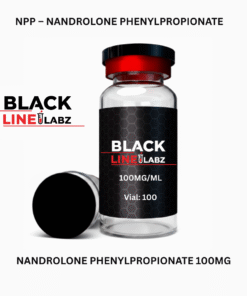
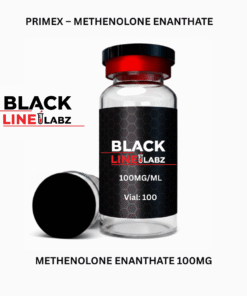
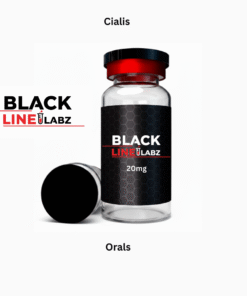
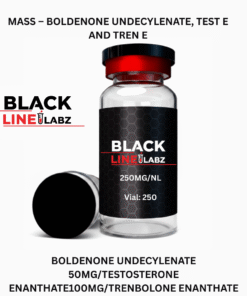
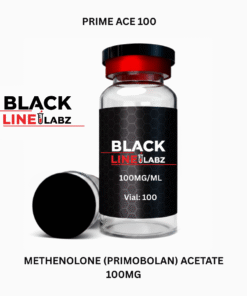
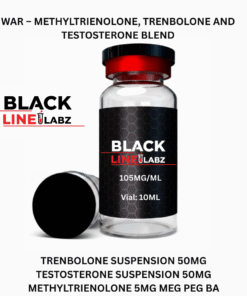
Reviews
There are no reviews yet.